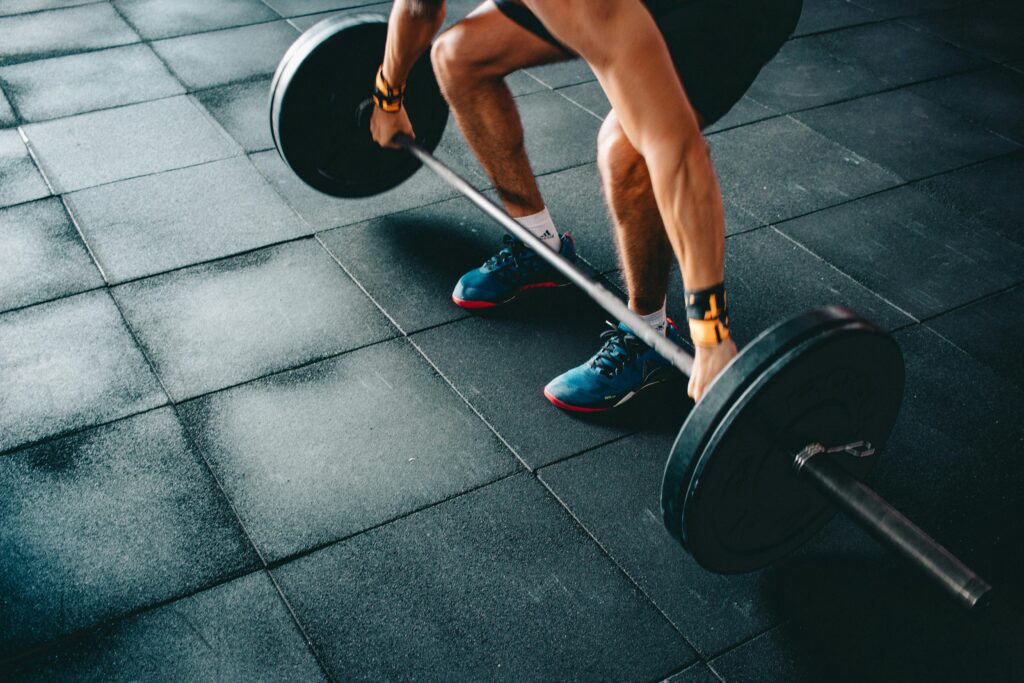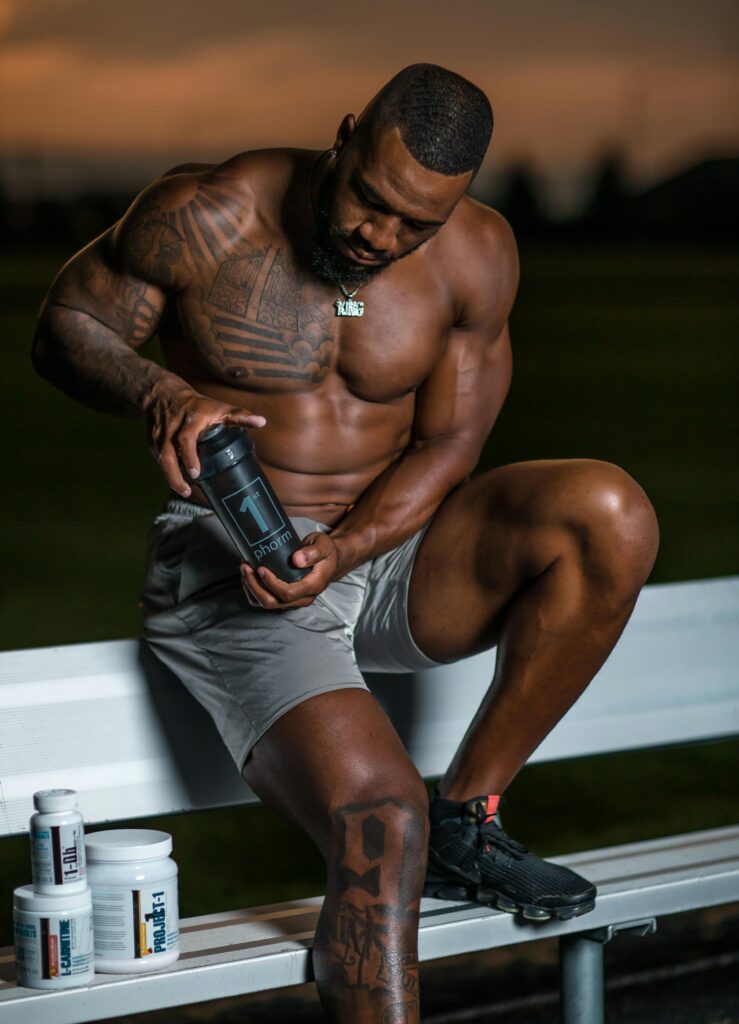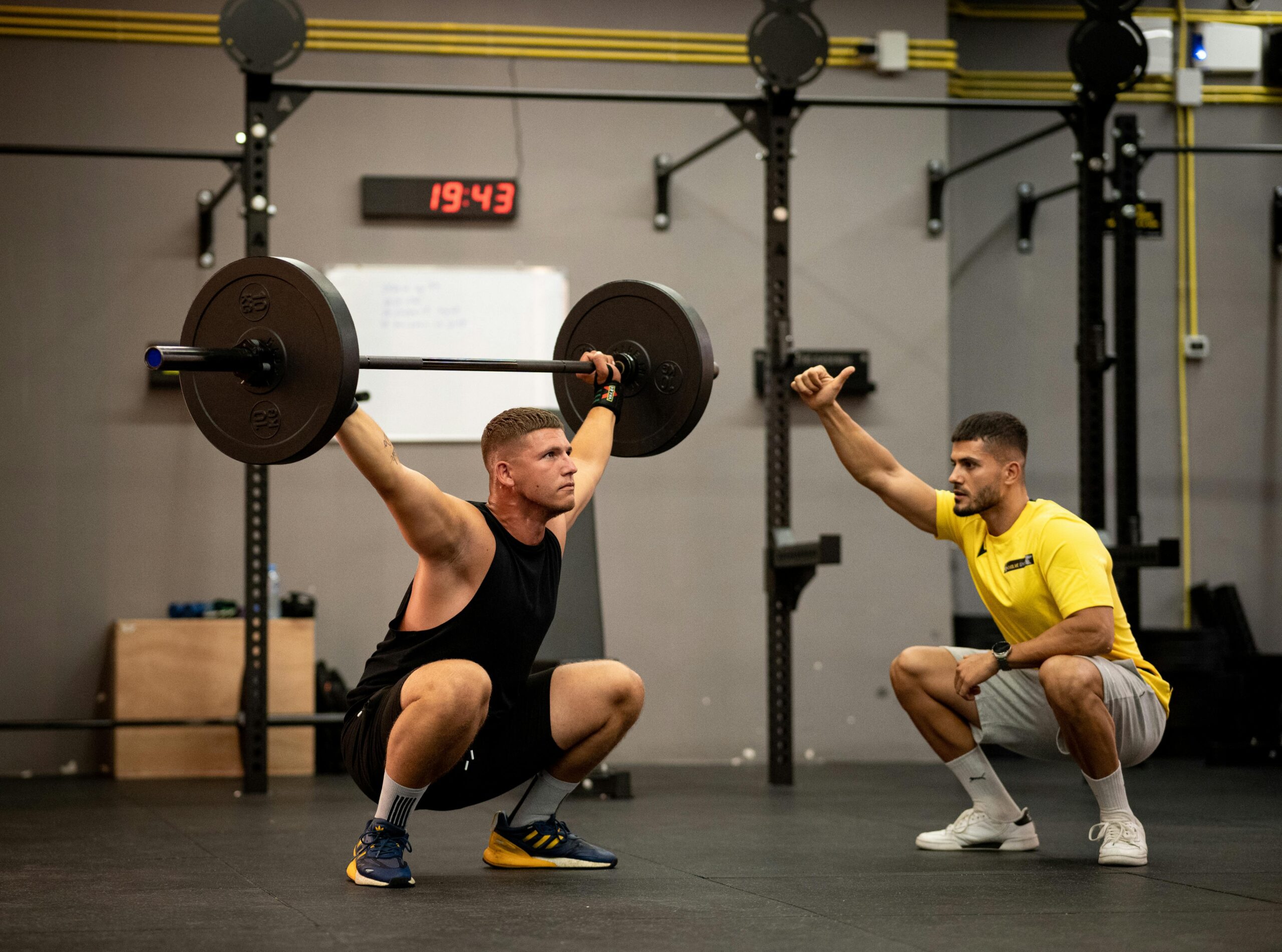How to Build Muscle and Strength Safely: A Beginner’s Guide
So, you’ve decided to get stronger and pack on some muscle—awesome! But where do you start? The gym can be intimidating, and the internet is full of conflicting advice. Don’t worry, I’ve been there too. I remember my first time stepping into a weight room, clueless and nervous. Fast forward a few years, and I’ve learned (through trial and error) what actually works.
This guide will break down everything you need to know—no fluff, no bro-science, just real, actionable advice to help you build muscle and strength safely and effectively.
- Better metabolism (burn more calories at rest)
- Stronger bones (reduces osteoporosis risk)
- Improved insulin sensitivity (lower diabetes risk)
- Compound: Squats, deadlifts, bench press (work multiple muscles)
- Isolation: Bicep curls, leg extensions (target one muscle)
- Rounding your back during deadlifts? Engage your core and keep a neutral spine.
- Arching too much on bench press? Plant your feet and squeeze your glutes.
- Whey protein (if you struggle to hit protein goals)
- Creatine (boosts strength and recovery)
- Omega-3s (for joint health)
- Day 1: Squats, Bench Press, Rows
- Day 2: Deadlifts, Overhead Press, Pull-Ups
- Day 3: Repeat or add variations
Why Building Muscle and Strength Matters
More Than Just Looks
Sure, looking good is a nice bonus, but muscle isn’t just for show. It improves your posture, makes daily activities easier (ever struggled carrying groceries?), and even boosts confidence.
Health Benefits You Can’t Ignore
More muscle means:
Common Myths About Muscle Building

“Lifting Heavy Will Make You Bulky”
Nope. Getting “bulky” takes years of dedicated training and eating in a surplus. Most beginners won’t accidentally turn into the Hulk.
“You Need Supplements to Grow”
Supplements help, but they’re not magic. Focus on whole foods first—real gains come from consistent training and eating enough protein.
The Science Behind Muscle Growth
Hypertrophy 101
Muscles grow when you tear them slightly (via lifting) and let them repair (via rest and food). Simple, right?
Progressive Overload: The Key to Gains
You must gradually increase weight, reps, or intensity. If you’re lifting the same weights forever, don’t expect changes.
Nutrition: Fueling Your Gains

Protein: The Building Block
Aim for 0.7–1g of protein per pound of body weight. Chicken, eggs, tofu—pick your poison.
Carbs and Fats: Don’t Fear Them
Carbs fuel workouts; fats support hormones. Balance is key.
Meal Timing: Does It Really Matter?
Not really. Just hit your daily protein and calorie goals.
Workout Basics for Beginners
Compound vs. Isolation Exercises
Start with compounds—they give you the most bang for your buck.
Proper Form: Avoiding Injuries
Common Mistakes (And How to Fix Them)
Rest and Recovery: The Unsung Hero
Sleep: Your Secret Weapon
Muscles grow while you sleep. Aim for 7–9 hours—skimping here kills gains.
Supplements: Do You Need Them?
The Only 3 Supplements Worth Considering
Staying Motivated
Finding Your “Why”
Is it health? Confidence? Write it down and remind yourself when motivation dips.
Sample Beginner Workout Plan
Full-Body Routine (3 Days a Week)
Common Mistakes to Avoid
Overtraining: More Isn’t Always Better
Your body needs rest. 3–4 workouts/week is plenty for beginners.
Final Thoughts
Building muscle takes time, but consistency beats perfection. Start slow, focus on form, and trust the process. You got this!
FAQs
1. How long before I see results?
Usually 4–8 weeks for noticeable changes, but strength improvements can come sooner.
2. Should I do cardio while bulking?
Yes, but keep it moderate—don’t burn too many extra calories.
3. Can I build muscle without weights?
Yes! Bodyweight exercises (push-ups, pull-ups) work, but weights help faster progress.
4. Do I need to eat more to gain muscle?
Yes, a slight calorie surplus (200–500 extra calories/day) is ideal.
5. What if I miss a workout?
No big deal! Just get back on track—one missed session won’t ruin progress.




Post Comment